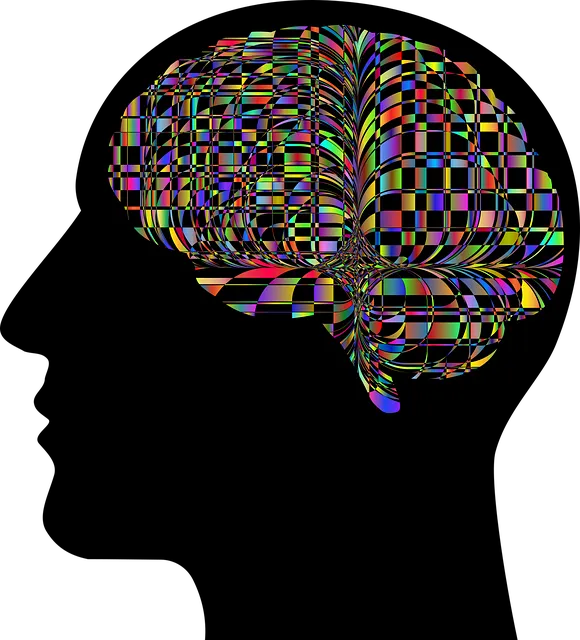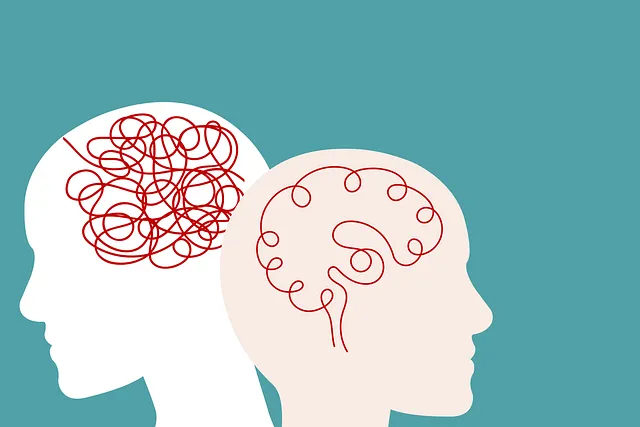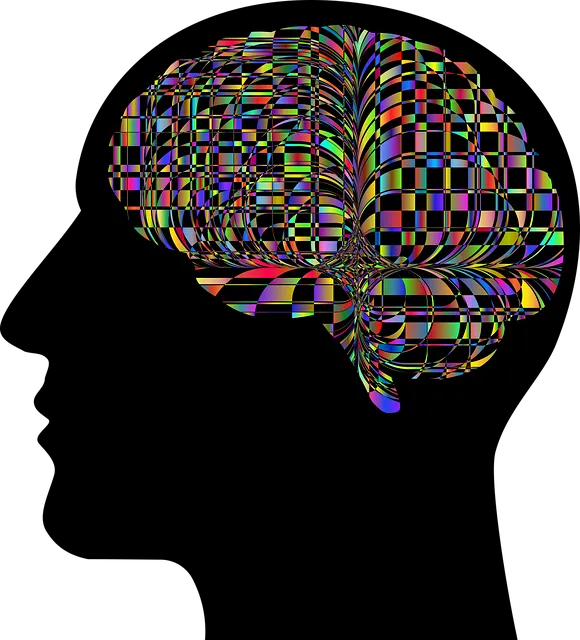Loss, grief, and bereavement significantly impact mental health, requiring understanding and tailored support. Kaiser's mental health services in Lone Tree offer counseling and therapy for these challenges, covering essential aspects like mood management and self-care. Cognitive-behavioral therapy (CBT) and mindfulness techniques aid in processing loss, while cultural sensitivity ensures personalized care aligned with individual beliefs. These services empower individuals to cope with grief, adapt to life changes, and enhance mental wellness during difficult times.
Loss, grief, and bereavement are universal experiences that can profoundly impact an individual’s well-being. This article provides a comprehensive guide to understanding these complex emotions, from the initial stages of loss to recognizing signs of complicated grief. We explore the significant emotional and practical considerations following the death of a loved one and delve into Kaiser’s mental health services, ensuring Lone Tree residents have access to necessary support. Additionally, we discuss therapeutic approaches in grief counseling, offering effective strategies for healing.
- Understanding Loss, Grief, and Bereavement: An Overview
- The Impact of Losing a Loved One: Emotional and Practical Considerations
- Recognizing the Signs of Complicated Grief
- Kaiser's Mental Health Services: Coverage and Support for Grieving Individuals
- Therapeutic Approaches in Grief Counseling: Effective Strategies for Healing
Understanding Loss, Grief, and Bereavement: An Overview

Loss, grief, and bereavement are deeply personal experiences that can profoundly impact an individual’s mental health and overall well-being. Understanding these complex emotions is essential in providing effective support. Loss refers to the absence or departure of someone or something significant, leading to a range of reactions. Grief is the emotional process one undergoes when mourning the loss, often characterized by sadness, anger, confusion, and guilt. Bereavement specifically relates to the period after a significant loss, where individuals navigate their new reality without the presence of their loved ones.
When addressing these topics, it’s crucial to consider cultural sensitivity in mental healthcare practice, ensuring that support is tailored to meet diverse needs. Lone Tree does Kaiser cover mental health therapy, providing access to professional counseling services for those dealing with loss and grief. Mood management techniques can also be beneficial during this difficult time, helping individuals regulate their emotions and improve their mental wellness. The Mental Wellness Podcast Series Production offers valuable resources for those seeking guidance and community while navigating the complexities of bereavement.
The Impact of Losing a Loved One: Emotional and Practical Considerations

Losing a loved one is an incredibly challenging experience that can profoundly impact an individual’s emotional and practical life. The sense of loss can evoke a whirlwind of complex emotions, including profound sadness, anger, guilt, and loneliness. This initial phase is often characterized by intense feelings that can make it difficult to cope with daily tasks and responsibilities. Many people struggle to find meaning or purpose in the aftermath, leading to prolonged periods of grief.
Practical considerations also come into play, especially when navigating life without a significant support system. Financial burdens, household management, and continuing one’s daily routine can feel overwhelming. This is where mental health therapy becomes crucial, offering a safe space for individuals to process their emotions, develop self-care practices (such as stress management techniques), and learn strategies for anxiety relief. Organizations like Kaiser, through their mental health services, provide essential support, especially in navigating the emotional aftermath of losing a loved one, ensuring that individuals feel empowered to rebuild their lives.
Recognizing the Signs of Complicated Grief

Grief is a natural response to loss, but when it becomes prolonged and interferes with daily functioning, it may indicate complicated grief. Recognizing the signs early on is crucial for individuals seeking support. Many people experience a range of emotions post-loss, such as sadness, anger, guilt, or confusion, which are normal parts of the grieving process. However, if these feelings persist and significantly impact one’s life, it could be a cause for concern. Complicated grief is characterized by intense emotional distress, difficulty accepting the loss, and problems with mood management and daily routines.
In some cases, individuals might retreat from social interactions, struggle to concentrate at work or school, or experience physical symptoms like insomnia or changes in appetite. The Lone Tree community has access to mental health resources through Kaiser, which offers therapy services to support those dealing with grief and bereavement. Professional help is essential for navigating these complex emotions. Through evidence-based practices, a therapist can guide individuals in processing their loss, developing healthy coping mechanisms, and promoting emotional well-being. Techniques such as cognitive-behavioral therapy and mindfulness exercises have proven effective in managing stress, improving mood, and fostering resilience during difficult times.
Kaiser's Mental Health Services: Coverage and Support for Grieving Individuals

In Lone Tree, Kaiser’s Mental Health Services offer comprehensive support for individuals navigating loss and grief. Their coverage includes counseling sessions designed to help people process their emotions and adapt to life after a significant loss. Kaiser provides a safe space where grievers can explore their feelings of sadness, anger, or guilt, fostering healing through evidence-based practices that focus on both the mind and body.
For those seeking not just grief counseling but also a boost in confidence and improved mental wellness, Kaiser’s programs tap into powerful mind over matter principles. Through tailored therapy sessions, individuals learn to cultivate resilience, enhance coping mechanisms, and develop effective strategies for managing stress. These holistic mental wellness coaching programs are designed to empower people to take control of their emotional well-being, ensuring they receive the necessary support during this challenging time.
Therapeutic Approaches in Grief Counseling: Effective Strategies for Healing

Grief counseling offers a range of therapeutic approaches to help individuals navigate and heal from loss. One common strategy is cognitive-behavioral therapy (CBT), which focuses on identifying and changing negative thought patterns associated with grief. This approach helps clients develop coping mechanisms, reframe their perspective on the loss, and gradually process their emotions in a healthy manner. By combining CBT with other evidence-based techniques like mindfulness practices and emotional support, therapists can create a personalized treatment plan.
In addressing bereavement, cultural sensitivity is a crucial aspect of mental healthcare practice. Understanding the client’s cultural background, beliefs, and customs allows therapists to adapt their approach, ensuring that self-care practices and mind over matter principles resonate with the individual. Incorporating cultural elements into counseling sessions can foster a deeper sense of connection and understanding, facilitating healing in a way that aligns with the person’s unique needs. Additionally, promoting self-care during this vulnerable time is essential for managing stress and maintaining overall well-being.
Grief is a complex process, and seeking support through counseling can be transformative. Understanding loss and its impact is the first step towards healing, as highlighted in this article. For those in the Lone Tree area questioning “Does Kaiser cover mental health therapy?”, accessing resources like Kaiser’s Mental Health Services provides valuable coverage for bereavement counseling. Therapeutic approaches, such as recognizing complicated grief and employing effective strategies outlined here, can aid individuals in navigating their emotional journeys. Remember, healing is possible with the right support.






